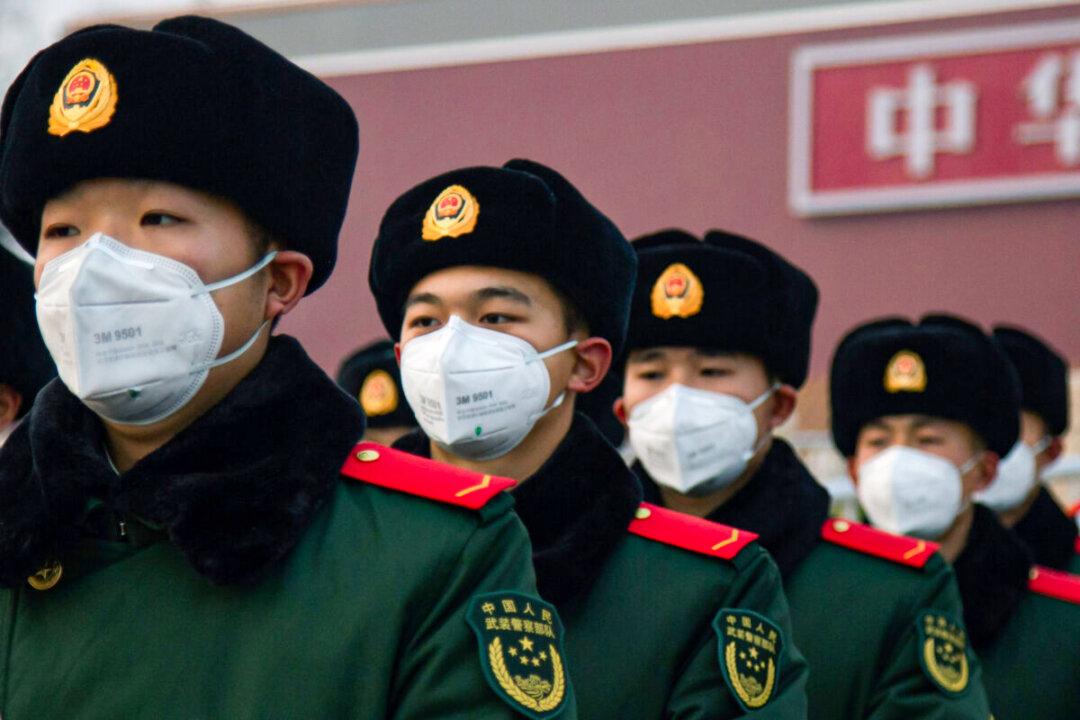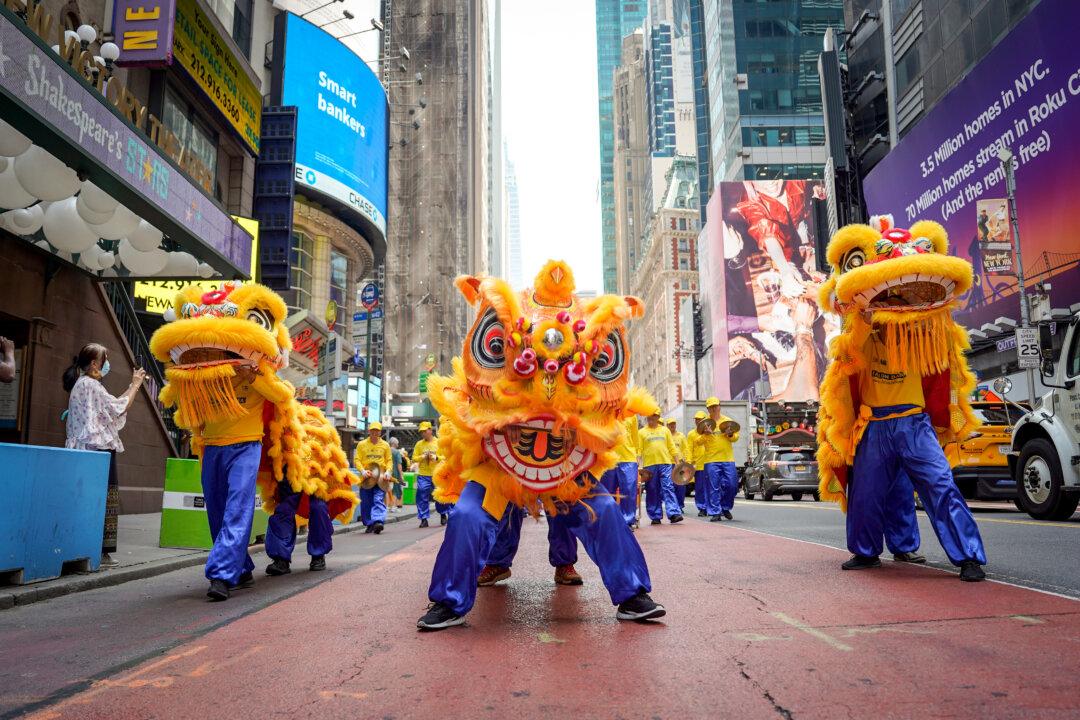Concerns have been raised about the close relationship between the Australian Federal Police and Chinese law enforcement after reports revealed a secret Beijing-backed overseas police station was located in Sydney, Australia.
The police “service station” was established in 2018 by the Public Security Bureau of Wenzhou City in China, the Australian Broadcasting Corp. (ABC) reported on Oct. 13.




